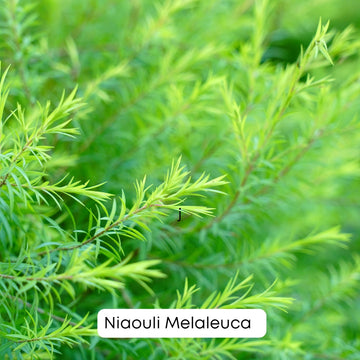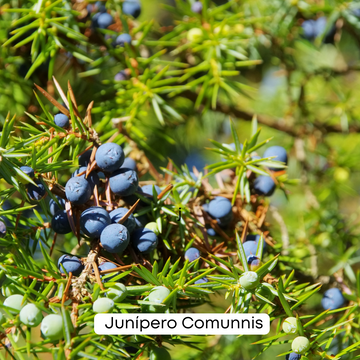The Importance of Bees: Essential Partners for Nature and Our Essential Oil Company Natural Oil.
by Natural Oil on May 20, 2023

The Importance of Bees: Essential Partners for Nature and Our Essential Oil Company Natural Oil.
Introduction:
Welcome to our blog, where we will explore a crucial theme for the preservation of the environment and for the success of our company: the importance of bees. In this article, we will highlight the vital role of bees in the pollination of flowers and how they contribute to the balance of ecosystems. We will also express our gratitude for these small pollinators, who play a significant role in our company's success.
The Role of Bees in Pollination:
Bees play an essential role in plant pollination. They transfer pollen from male flowers to female flowers, allowing the formation of fruits and seeds. This process is critical to the reproduction of countless plants, including many that are essential for agriculture and food production.
Biodiversity and Preservation:
Bees are tireless pollinators and play a crucial role in maintaining biodiversity. By visiting different species of flowers in search of nectar and pollen, they promote cross-breeding and plant genetic diversity. This is critical to the health of ecosystems and the sustainability of many plant species.
Economic Importance:
In addition to the ecological value, bees have a significant economic impact. The pollination carried out by them is responsible for the production of food, such as fruits, vegetables and oilseeds. It is estimated that bees contribute to food production worth billions of dollars globally. As a company, we recognize the importance of these pollinators to our business and thank you for your cooperation.
Threats to Bees:
Unfortunately, bees face many threats, such as overuse of pesticides, habitat loss due to deforestation and urbanization, disease and climate change. These factors have contributed to the decline of bee populations around the world, which poses a risk to food security and the health of ecosystems.
Preservation and Support Initiatives:
As a company, we are committed to supporting and promoting the preservation of bees. We can implement measures such as the responsible use of pesticides, establishing bee-friendly gardens and green areas, collaborating with conservation projects and raising awareness of the importance of these pollinators among our employees and customers.
Conclusion:
Bees are fundamental partners for nature and for the success of our company. We sincerely thank you for your contribution to pollinating flowers, maintaining biodiversity and producing food. It is our responsibility to protect them and support measures that promote their well-being.
Irregular deforestation negatively affects bee populations in several regions of Brazil. While it is difficult to determine specifically which regions have bees nearly extinct due to deforestation, there are some areas where habitat destruction has a significant impact on these insect pollinators.
The Amazon is a particularly worrying region in terms of deforestation and loss of biodiversity. Deforestation in the Amazon affects both native bees and Africanized bees (known as "African bees" or "Africanized bees"), which are the most common species in the region.
Other regions in Brazil where deforestation has a significant impact on bees include the Cerrado, the Atlantic Forest and the Pantanal. These areas are known for their biological diversity, but are also suffering from habitat destruction due to expanding agriculture, livestock and unsustainable human activities.
Habitat loss due to deforestation hinders the availability of food and nesting resources for bees, in addition to reducing the diversity of pollinated plants. This affects not only the bees, but the entire ecosystem as well, as bees play a crucial role in pollinating plants and maintaining biodiversity.
It is important to implement conservation measures, such as the protection of natural areas, the establishment of ecological reserves and sustainable management of the environment, in order to preserve bee populations and mitigate the negative effects of irregular deforestation.




